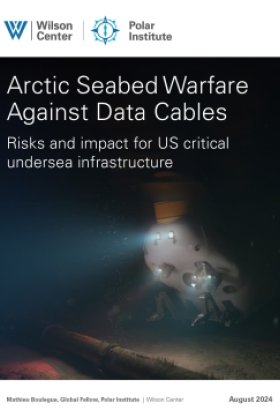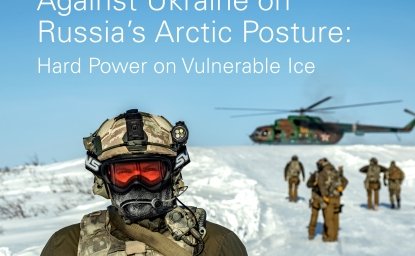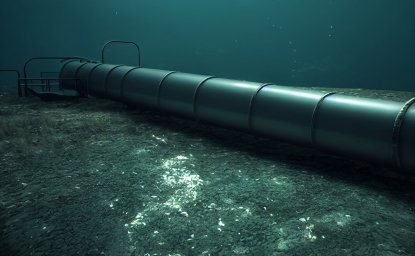Arctic Seabed Warfare Against Data Cables: Risks and impact for US critical undersea infrastructure


Subsea security and seabed warfare have become a hot-button issue concerning grey zone operations and sub-threshold warfare against critical underwater infrastructure (CUI). For nefarious state actors, CUI disruption represents a low-cost, high-impact capability due to critical dependencies and the potential for cascading impacts. Efficient protection of data cables is lacking, and there is strong incentive for nefarious states, notably Russia and China, to invest in capabilities able to disrupt and damage underwater cables. In his latest publication, Polar Institute Global Fellow Mathieu Boulègue discusses the vulnerability of subsea infrastructure in the Arctic region and the urgent need for a balanced response of governance, deterrence, and technology-enabled capabilities to protect CUI.
Author

Consulting Fellow, Chatham House; Non-Resident Senior Fellow, Center for European Policy Analysis

Polar Institute
Since its inception in 2017, the Polar Institute has become a premier forum for discussion and policy analysis of Arctic and Antarctic issues, and is known in Washington, DC and elsewhere as the Arctic Public Square. The Institute holistically studies the central policy issues facing these regions—with an emphasis on Arctic governance, climate change, economic development, scientific research, security, and Indigenous communities—and communicates trusted analysis to policymakers and other stakeholders. Read more






